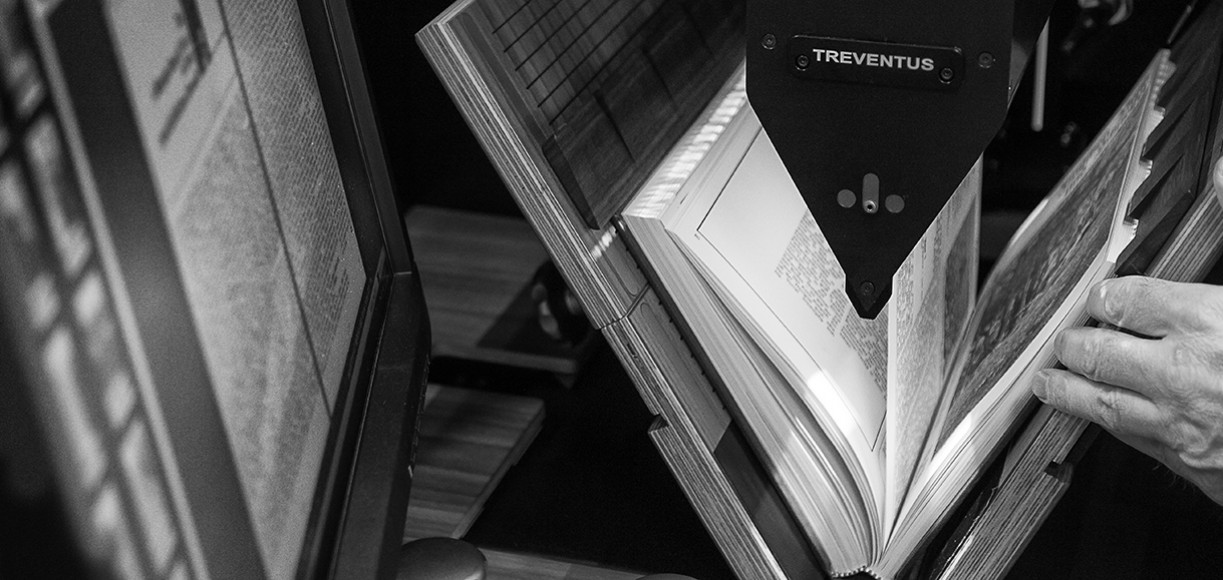Histoire numérique et l’historiographie
Le C²DH analyse les conséquences de l’évolution numérique sur la recherche historique de manière critique, expérimentale et interdisciplinaire. La recherche de pointe sur les nouveaux outils et les nouvelles pratiques d’historiographie numérique est associée à de nouvelles formes d’engagement du public et de diffusion en ligne de résultats de recherche.


